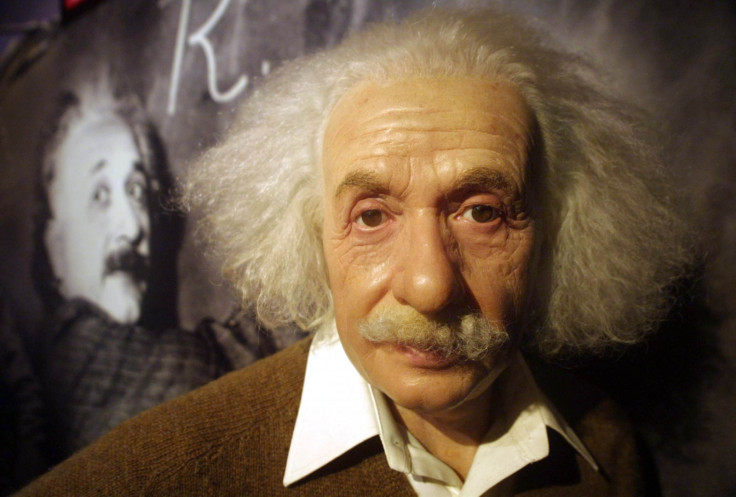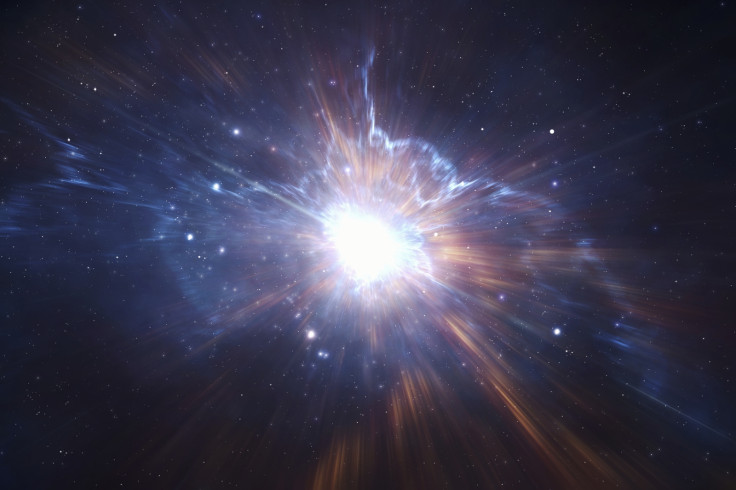Einstein's theory says the speed of light is constant – but what if he was wrong?
Researchers say the speed of light might have been much faster in the very early universe.

Albert Einstein predicted the speed of light is constant across the universe. This has been used to underpin many other theories in physics. But what if he was wrong?
Scientists from the UK and Canada have now developed a test to find out if the speed of light is variable – almost 20 years after first proposing the theory.
Why would the speed of light not be constant?
In his theory of general relativity, Einstein suggested the speed of light is always constant. It is measured as 186,000 miles per second.
However, this consistency leads to problems with the universe – namely the "horizon problem". This refers to the fact the universe we see appears pretty much the same in its entirety. For example, its density is largely the same throughout.
If the speed of light is constant, this should not be the case. If it were, there would not be enough time for light to have reached the edge of the universe and even out the energy.
Using the analogy of a radiator heating a room, scientists note the heat must travel to the edges of the room and mix with the cold air before it is the same temperature throughout. On a cosmic scale, not enough time has passed for the "heat" to reach the farthest regions of the universe to produce the homogenous density scientists see today.
However, if the speed of light was far faster just after the Big Bang, the horizon problem would be solved – the light would have reached the edges as the universe expanded, before eventually slowing down.

There are other explanations for the horizon problem. For example, inflation theory says the early universe expanded extremely fast – far faster than its current rate. Inflation would suggest that the energy in the universe evened out while it was still extremely small – before this rapid expansion. This means the universe's uniformity was already present.
Testing the theory
João Magueijo from Imperial College London, and Niayesh Afshordi, from Canada's Perimeter Institute, have now made a prediction that could be used to test the theory that the speed of light is variable.
Galaxies and other structures in the universe formed from fluctuations in the early universe. Records of these changes can be seen in the cosmic microwave background (the oldest light in the universe) in the form of a spectral index. Magueijo and Afshordi have created a model that has allowed them to put a figure on the spectral index: 0.96478. This is pretty close to the current estimate of readings of CMB, which is 0.968. Their findings are published in the journal Physical Review D.
Magueijo said: "The theory, which we first proposed in the late-1990s, has now reached a maturity point – it has produced a testable prediction. If observations in the near future do find this number to be accurate, it could lead to a modification of Einstein's theory of gravity.
"The idea that the speed of light could be variable was radical when first proposed, but with a numerical prediction, it becomes something physicists can actually test. If true, it would mean that the laws of nature were not always the same as they are today."
© Copyright IBTimes 2025. All rights reserved.






















